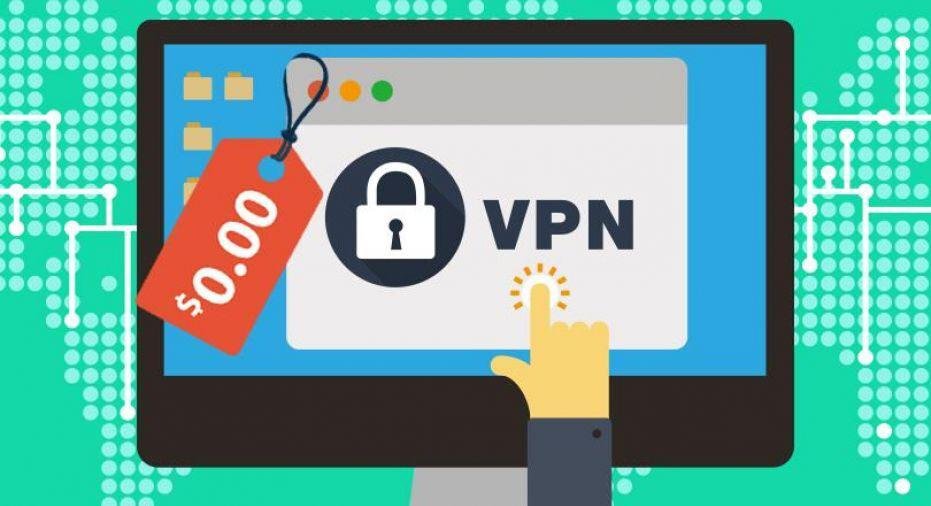Virtual Private Networks (VPNs) have a reputation for being very useful in this modern age of technology. Whether you are using a public WiFi or traveling for work while accessing unknown internet providers, VPNs provide the needed protection for your browsing activities. However, there is no need for you to pay for a VPN service, as you can actually host your very own VPN server right at the very privacy of your home.
However, one factor that will really matter here is the upload speed of your Internet connection at home. If the upload bandwidth is not enough, a paid VPN service is a better alternative. Internet Service Providers (ISPs) usually offer less upload bandwidth compared with download bandwidth. However, if you have the required bandwidth, then setting up your own VPN service may be a good option for you.
Advantages and Disadvantages of VPN

Pros
A Virtual Private Network (VPN) offers you an encrypted virtual tunnel that you can use as you connect to public WiFi. It even provides some country-specific services coming from other countries, even from specific devices such as iOS devices, Android, or Chromebook. A VPN will offer secure access to you from anywhere.
In fact, you can even give the same secure access to other people, which makes it also easy for them to have access to servers that you are hosting using your home network.
This allows you to play specific PC games designed for use on a LAN over the internet, even though there are easier ways to set up a PC gaming temporary network. VPNS are also found to be useful in connecting to various services as you travel. For instance, you may use a country-specific version of a certain application, such as streaming sites, as you travel outside your home country.
Cons
If you are like most home internet users, you may be experiencing a limited upload bandwidth. These limitations may come in the form of low bandwidth limits or caps unless you are using gigabit fiber for home use. If this is the case, then setting up your very own VPN server is not a good option available for you.
Another possible problem among the biggest reasons for using a VPN includes the need to shift your geolocation to some other place in order to bypass geo locks on streaming services or websites or mask your actual location for privacy reasons. In this case, a home VPN server will not prove to be a huge help.
Paid VPN Services – What to Expect

By using a VPN service, you can expect fast speed, location masking, geo-shifting, and others, without the need to set up and maintain a server for yourself. A downside to using one, however, is that you need to pay a few more dollars every month. Among the best options out there include:
StrongVPN
This is effective when it comes to streaming and torrenting media.
Tunnelbar
This is one of the easiest to use VPNs and is ideal for use at public places such as a coffee shop. It features a limited free tier. For this reason and more, it is not really recommended for streaming or torrenting media.
ExpressVPN
This VPN server combines together fast servers, ease-of-use, and support to torrenting and streaming media. The best part is that they are available for a cheap price.
Making Your Own VPN
When it comes to making your own VPN, there are different options that are available for you:
Option 1: Setup a Router that Features VPN Capabilities
Instead of doing everything from scratch, you have the option to purchase a pre-built VPN router. The best options are those that feature built-in VPN servers. The router’s web interface can be used in activating and configuring the VPN server. Makes sure that you do your own research first and choose a router that provides support to the VPN type that you would like to use.
Option 2: Setup a Router which Offers Support to DD-WRT or Third-Party Firmware
The use of a custom router firmware is a new OS that you can incorporate into your router, replacing the standard operating system of your router with something new. Among the most popular choices are DD-WRT and Open Wrt.
Option 3: Create Your Own Dedicated VPN Server
With this, it is recommended to use a computer, or any device that is on all the time, not turned off as you leave home. You also have the option to install a third-party VPN server, as they are available depending on the OS that you use. You also have the option to roll your own dedicated VPN device. You may use a Raspberry Pi, installing it with OpenVPN service software. Then, you can turn it into a low-power and lightweight VPN server.
Conclusion
Indeed, there are a number of reasons why making your own VPN is a good deal. As you set up your own VPN at home, you may want to prepare dynamic DNS on your router. This offers an easy address that can easily access your VPN, and this is applicable even though the IP address of your home internet changes.



